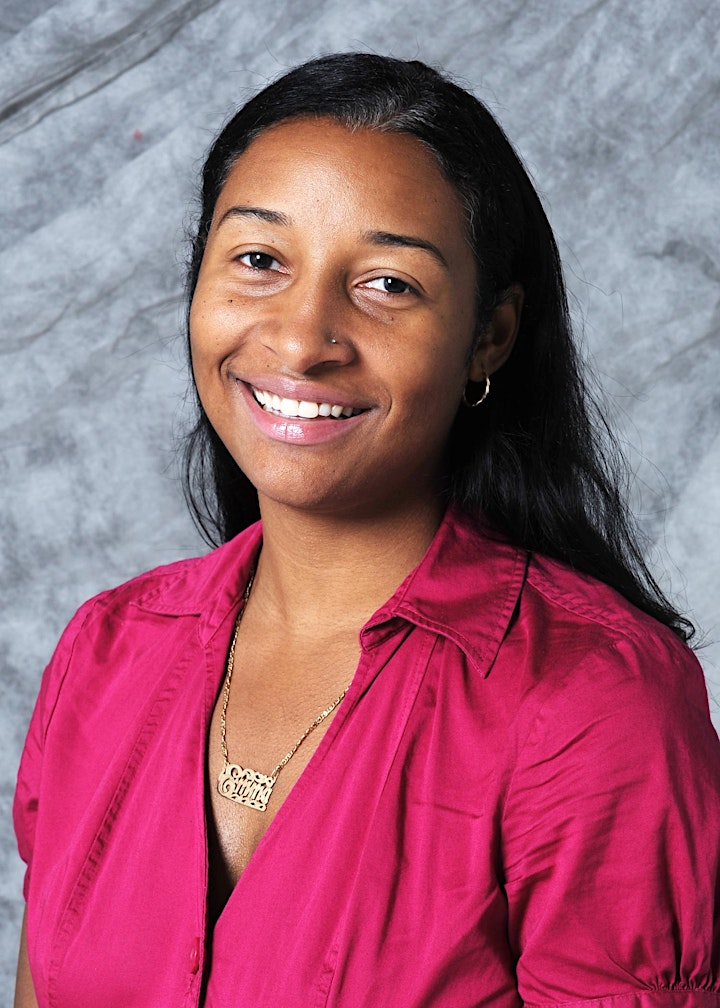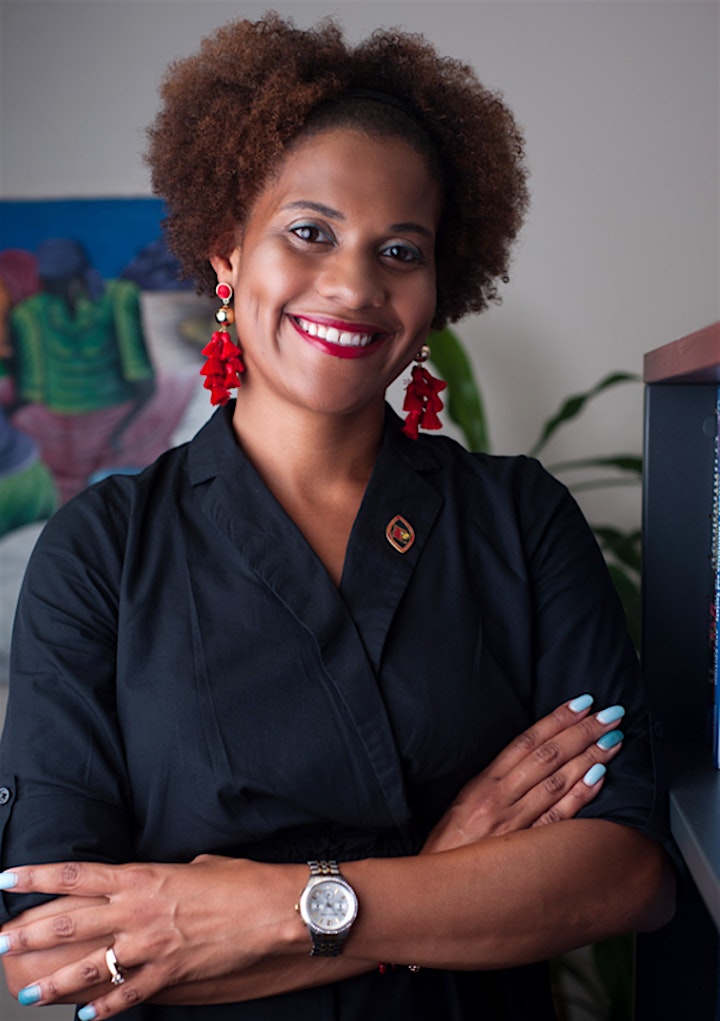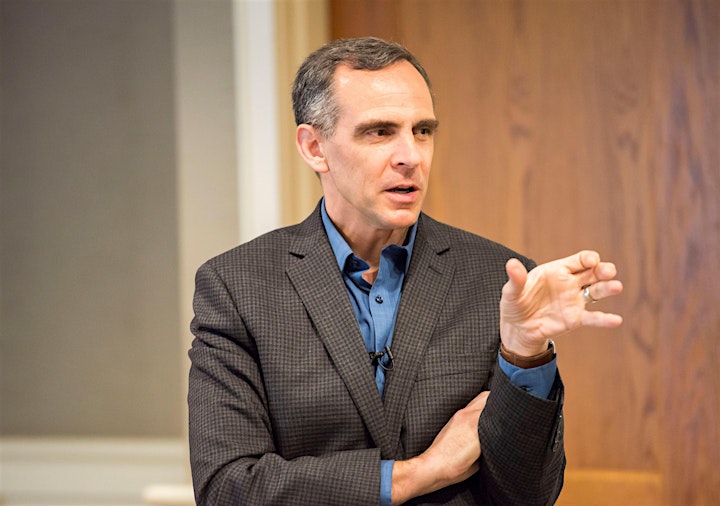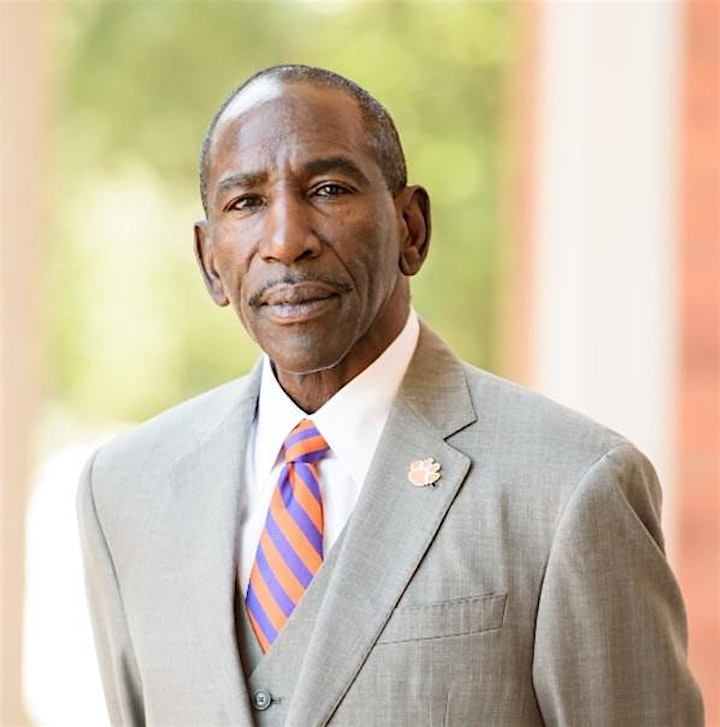Diversity, Equity and Inclusion Leadership Tools Showcase
| When |
Jun 28, 2023
from 08:00 AM to 12:00 PM |
|---|---|
| Where | University Club, President's Room |
| Contact Name | Ramie Martin-Galijatovic, Program Director |
| Contact Phone | 502-852-9403 |
| Add event to calendar |
|
 Join the College of Business' Center for Positive Leadership for a free demonstration of our diversity, equity and inclusion tools. This event aims to help you build awareness and skills that support marginalized employees and cultivate a safe, equitable and compassionate organizational culture where everyone feels valued. Four speakers will present: Dr. Brigitte Burpo, Dr. Cynthia Ganote, Dr. Cherie Dawson-Edwards and Dr. Ryan Quinn. Breakfast, coffee and snacks will be served.
Join the College of Business' Center for Positive Leadership for a free demonstration of our diversity, equity and inclusion tools. This event aims to help you build awareness and skills that support marginalized employees and cultivate a safe, equitable and compassionate organizational culture where everyone feels valued. Four speakers will present: Dr. Brigitte Burpo, Dr. Cynthia Ganote, Dr. Cherie Dawson-Edwards and Dr. Ryan Quinn. Breakfast, coffee and snacks will be served.
The agenda is as follows:
8:00 AM Registration, Breakfast, and Networking
8:30 AM Opening Remarks by Lee Gill, Vice President for Diversity, Equity, and Inclusion, University of Louisville
Dr. Brigitte Burpo presents "A Diversity, Inclusion, & Engagement Logic Model"
"The “DIE” Model was developed as a planning and assessment tool for organizational change related to inclusion and engagement work within organizations. Because organizational change related to equity, inclusion, and belonging is tied to both structural and cultural shifts, it is important to have a map for these changes. Thus, the DIE Model helps leaders navigate the planning, implementation, and evaluation phases of organizational change. We start the DIE Model with the DIE Proposition which is the commitment being made for the organizational change. This is followed by identifying key stakeholders and partners as well as resources needed to implement the plans. We organize our partners and stakeholders into segments to better organize how we engage with them, and then determine appropriate channels for implementation. We then identify the intended outcomes that can be used to determine success. Once the plans have been implemented, the DIE Model offers further guidance for assessing the strategy for optimal outcomes. In this workshop, we will use the DIE Model to practice the strategic planning process for large-scale organizational change."
Dr. Emma Sterrett-Hong presents "Active Inclusivity: A Skills-Based Model"
The active inclusivity development model is a framework for identifying the skills a person needs to improve to increase their ability to demonstrate inclusivity. No one has perfectly mastered the practice of inclusivity, so these skills are useful for anyone seeking to grow their ability to act inclusively. The skills also can help us overcome obstacles or challenges we face in promoting inclusivity. These obstacles are often hard to overcome because they were embedded into our society’s implicit structures before we were born, because we are unaware of how these structures are influencing our behavior, and because change often involves losses as well as gains. Addressing these obstacles requires relatively sophisticated skills. Each of us possesses different pre-existing levels of each skill, which can guide us in selecting certain skills we want to prioritize in developing further. However, in general, we can all improve in each skill, and the skills all work together to mutually reinforce each other. Also, because implicit social structures influence each situation in different ways, some skills are necessary in some situations, but may not be needed in other situations. Also, Figure 1 describes what each skill is, and when it is needed, signs it may be particularly useful to us, and examples of ways to use that skill to act more inclusively. so that we can know when to practice each skill.
Dr. Cherie Dawson-Edwards presents "Practical Applications of Restorative Justice in Organizations"
Restorative Justice is a strategy that has been used in criminal justice to accept people back into the community while holding them accountable for their actions. Its application outside of criminal justice is powerful because of the way it marries values such as acceptance with values such as accountability. The integration of competing values like this is important in corporations, schools, non-profits, governments, and even community organizations; and, therefore, is a powerful way to advance diversity, equity, and inclusion efforts. Dr. Dawson-Edwards’ tool will help people to people understand how to apply restorative justice across settings, particularly in situations that people perceive to be unjust.
Dr. Ryan Quinn presents "The Inclusive Events Tool: A Mindful Approach to Reducing Implicit Bias"
One of the features of human experience that makes inclusivity and justice difficult to achieve is implicit bias. Implicit bias is an unconscious but inaccurate preference, such as a tendency to think that white people are more trustworthy than black people, that men are better suited than women for professional work, or that young people are more savvy than older people. Implicit bias influences behavior, but in ways that are subtle, and about which people are often unaware. Furthermore, people often stigmatize implicit bias providing further motivation for people to deny their implicit biases, even though it would be reasonable to assume that everyone has some implicit biases. Therefore, the purpose of The Inclusive Events Tool is to help people use mindfulness-based techniques to reduce implicit biases in collaborative events without stigmatizing others in the process. It offers mindfulness-based techniques because a growing body of research confirms that, under the right conditions, mindfulness can reduce implicit bias. However, the Inclusive Events Tool does not provide users with a one-size-fits-all process. Rather, it provides a collection of possible techniques and guidelines for helping users to think about when each technique may be appropriate.
11:45 AM Discussions/Closing Remarks

Dr. Brigitte Burpo is a native of Birmingham, AL and joined the University of Louisville faculty in 2019. She currently serves as the Assistant Dean of Diversity, Equity, and Inclusion for the College of Education and Human Development (CEHD), as well as a Clinical Assistant Professor in the Sport Administration program. In her current role she has implemented a Climate Accountability Reporting System, Champions for Diversity employee recognition program, and the Social Justice Library and Resource Center for members of the CEHD to cultivate a healthy working and learning environment. Prior to joining UofL, she worked in marketing of consumer packaged goods for companies such as RJ Reynolds Tobacco Company, Coca Cola Refreshments, and General Mills, Inc.. Brigitte’s corporate background and love for sports informs her research and practice which has influenced her passion for organizational culture and how it plays an integral role in the development of leadership and innovation. Dr. Burpo earned her bachelor's degree in Sales and Marketing from Tuskegee University and her master’s degree in Administration of Higher Education from Auburn University. When time permits, Brigitte enjoys playing tennis, entertaining friends and family at her home, and traveling internationally to learn about other cultures throughout the world.

Dr. Emma Sterrett-Hong is an Associate Professor and the Associate Dean of Equity and Inclusion in the Kent School of Social Work & Family Science at the University of Louisville. Her research focuses on the impact of societal-structural factors and interpersonal relationships on the health and well-being of underserved youth, as well as the dissemination of evidence-based psychosocial practices. Her work has been funded by the Office of Juvenile Justice & Delinquency Prevention, Substance Abuse and Mental Health Services Administration, and the National Institutes of Health. In addition, she is a Licensed Psychologist and Licensed Marriage and Family Therapist, and maintains a small family therapy practice.

Dr. Cherie Dawson-Edwards serves as the Vice Provost for Faculty Affairs at the University of Louisville. She is also an Associate Professor in the Department of Criminal Justice and directs the Social Change Program in the College of Arts & Sciences. She is a passionate educator who is an exemplar of a justice-oriented scholar who focuses on the intersection of public policy and criminal justice with a specific focus on race, schools, and juvenile justice. Throughout her career, she has worked tirelessly for institutional and community change, always striving to bring greater equity and inclusion to the policies and practices of organizations. She has worked with numerous school districts conducting professional development trainings and consulting on racial equity and restorative justice practices. Notably, Dr. Dawson-Edwards is an accomplished scholar with a variety of publications for scholarly audiences, policymakers, organizations, and the community.

Ryan Quinn, PhD is the Academic Director of the Project on Positive Leadership, Assistant Dean of Innovation and Strategy at the University of Louisville, College of Business, and Department Chair for Management and Entrepreneurship. He has been heavily involved in the Positive Organizational Scholarship movement, focusing many of his research questions on understanding what makes organizations and the people within them flourish, excel, and exceed expectations. Ryan has published articles in journals such as Administrative Science Quarterly, Academy of Management Review, Organization Science, Human Resource Management, Academy of Management Annals, and Journal of Management. He co-authored two editions of the book, Lift: The Fundamental State of Leadership with his father, Robert E. Quinn.

Lee A. Gill, J.D., Vice President for Diversity Equity and Inclusion, University of Louisville



